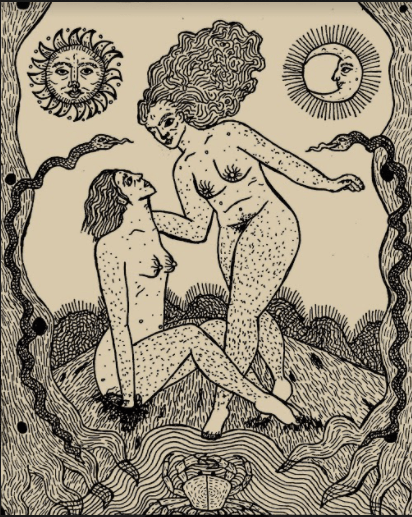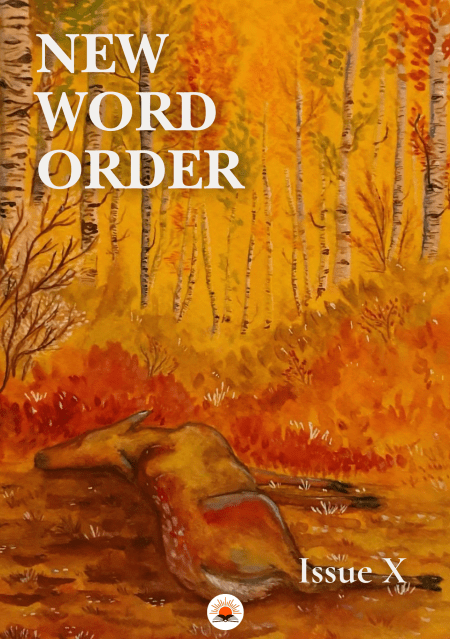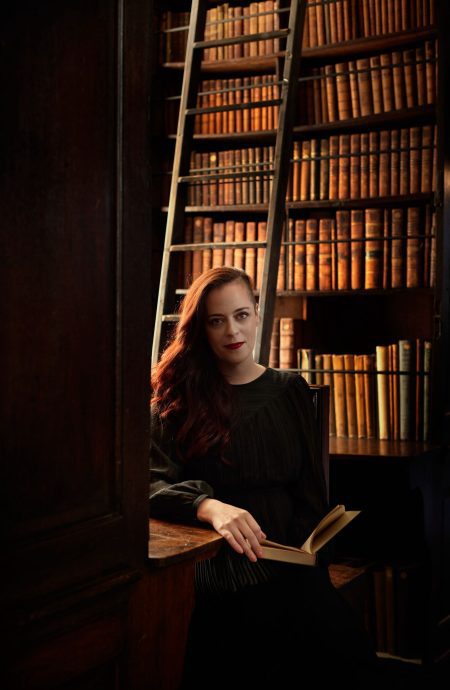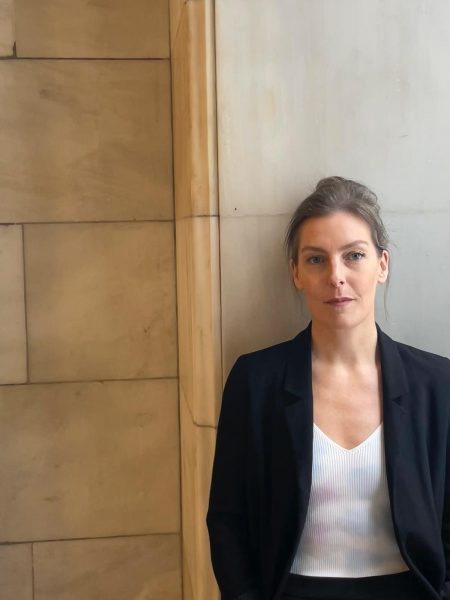by Tadgh Dolan
When William Butler Yeats published his poem “Aedh Wishes for the Cloths of Heaven” in 1899 as a love poem for Maud Gonne, the theme of unrequited love permeated much of the poet’s work. Aedh, a fictional character, a pale, thin lovestruck boy, much in the vein of the Romantic poet Keats, symbolised the unrequited love that Yeats held for Gonne, who did not love Yeats in return.
Of course, in many of Yeats’ poems, the poet is often caught in an existential crisis. In “The Lake Isle of Innisfree” Yeats claims, “I will arise and go now, and go to Innisfree… And I shall have some peace there, for peace comes dropping slow.” The lake becomes a symbol of Yeats’ yearning to escape the present, and be transported to another reality. One which is free from the pain or longing of his soul and he can “live alone in the bee-loud glade.” In perhaps one of his most famous poems “Sailing to Byzantium” the poet, confronted by his ageing body exclaims, “An aged man is but a paltry thing, a tattered coat upon a stick” and dreams of sailing to the fictional world of Byzantium, where he can escape the torment he finds as he enters old age.
In more modern times, with many around the globe undergoing months of quarantine, a lot of us have been faced with similar existential questions. “What is my purpose?”, “How do I best show love?” and “Who am I?” being just some of the myriad of thoughts that may be permeating our minds. In lockdown, removed from social interaction, one can’t help but become introspective. Love, it seems, is one of the unifying forces that bind us during this uncertain time. For those of us who are single, it means trying to find ways to connect with others, in a meaningful way. But how exactly do you do that, without the option of face to face contact? Or, if your country is slowly reducing their lockdown restrictions, how do you feel safe enough to meet a stranger? And, will there be such a thing as the post-COVID Romantics?
For Yeats, the answer often lies in a return to one’s self, consumed in the natural world around us. In “The Lake Isle of Innisfree”, salvation lies in the bees and linnets, in those moments of natural wonder that happen continuously around us. Even in “Sailing to Byzantium”, although the bitterness of Yeats’ outlook is evident in the tone of the poem with “those dying generations” and “God’s holy fire”, the poet is still engaged in the wonder of the world around him. He envies “the young in one another’s arms, birds in the trees” and seems to find moments of peace with his old age through the engagement with something which cannot decay; the soul.
Throughout lockdown, it’s remarkable that we’ve similarly rediscovered a connection with the natural world around us. The simple, yet mindful, act of walking became a source of solace for many. It was the act of getting out, of feeling the sun or fresh air on our face and viewing, with childlike wonder, the natural world around us. Love, if we look hard enough, can often be seen in our surroundings. We often try to look for it, but as Yeats discovered years ago, it’s already present in the birds, trees and laughter that make up the world around us.
One of my favourite lines from Yeats is from his poem “Aedh Wishes for the Cloths of Heaven”. I often find myself repeating the line when I fall in love with someone for the first time. A silent whisper comes through a trapdoor, located somewhere in my subconscious, genially saying, “Tread softly, because you tread on my dreams.” For me, it means being careful with someone else’s feelings. It also relates to my own vulnerability, as I want the person to be delicate when it comes to my own emotions. Love, in many ways, is an invisible thread. It can be woven like a spider’s web, strong and resilient, yet always subject to breaking, should the weather get too tumultuous.
Yeats’ persona in the poem is of a poor man, unable to give his lover riches and so offers up his dreams, his most valuable possession. He states, “I, being poor, have only my dreams/ I have spread my dreams under your feet.” It’s not a new concept and surely wasn’t at the time, the idea of the young poor man trying to woo a more affluent lover. Love in this case becomes the commodity, upon which both can exchange and reap the rewards of a more fulfilled life.
With the advent of Covid-19, I felt myself drawn once again to poetry. I find dating apps such as Tinder problematic, as they lack that vital ingredient that I crave when getting to know someone: face to face interaction. Love in this time will also undertake a new meaning. I often wonder if people considered the line, “Tread softly, because you tread on my dreams” as a prerequisite, what the outcome of their online conversations would be? If we had to be more intentional, more cognizant of others’ emotions, would it lead to a more soulful experience? Or are those apps designed for something that is extrapolated from the soul, a type of surface-level exchange, where looks are bartered and feelings are swept under the table?
It seems now more than ever, that unrequited love may be circulating in our society. Except this time, it’s being filtered through social media channels. We find someone we like on Tinder, chat for a while, and then the conversation tapers off. Or, we reach out to someone in the hopes of connecting and receive no reply. Of course, it’s a different type of unrequited love, it’s more of a cold shoulder, but some aspects of the feelings of rejection, lack of communication and disillusionment still apply.
If these apps, and indeed social media did not exist, how would we go about interacting with those we have feelings for? There may be a return to the written form, as letters or poems become the vessels through which we capture our lover’s attention. But such tactics may not even work in a world where the instantaneous has become the desired. Most of us want what’s quick and easy, but love is neither of those things.
As Yeats went on his existential journey to Byzantium or Innisfree, a lot of people will be faced with similar existential questions in a post-Covid-19 world. The way we love or show feelings of love could be one of the greatest benefactors to months spent in isolation.
Tagdh Dolan
Tadgh is a UCD graduate and writer working in the tech sector in Dublin, Ireland. He loves to find new coffee spots around the city and his favourite book is Alice’s Adventures in Wonderland



